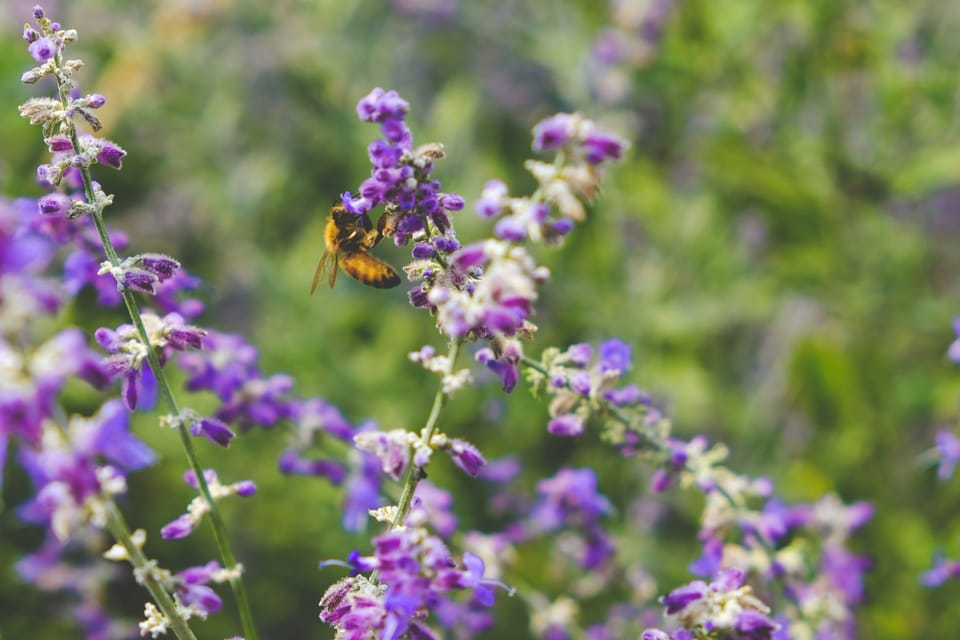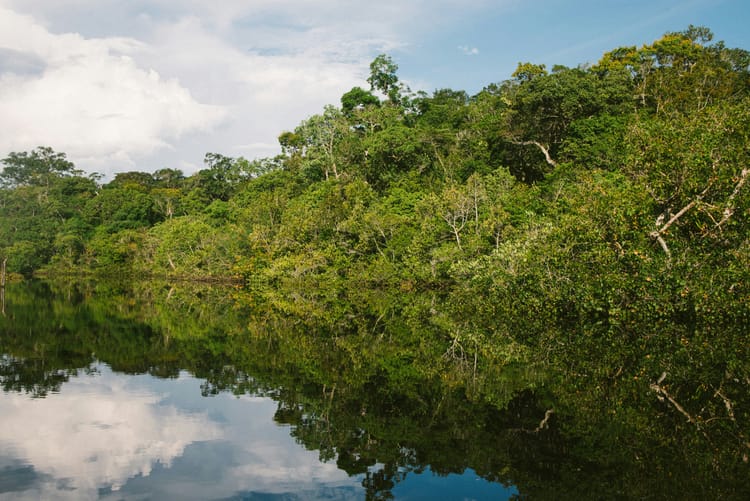BSI publishes new standards for biodiversity preservation
"Practical, science-based frameworks designed to empower biodiversity preservation."

The British Standards Institute (BSI) has released new guidance to help companies design and implement biodiversity preservation measures.
The guidelines include one standard (ISO 17620) outlining the process for designing and implementing biodiversity net gain in construction and real estate development projects under the UK mandate of the same name, and a more general standard (ISO 17298) to help organisations support biodiversity goals.







